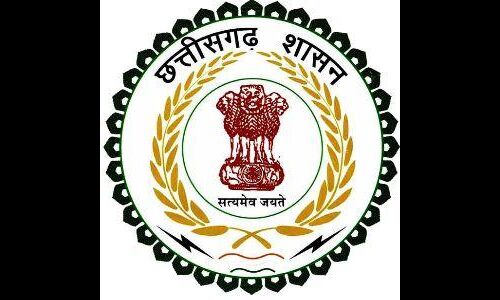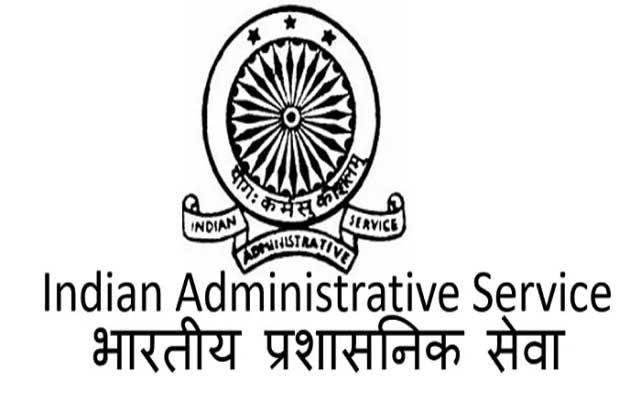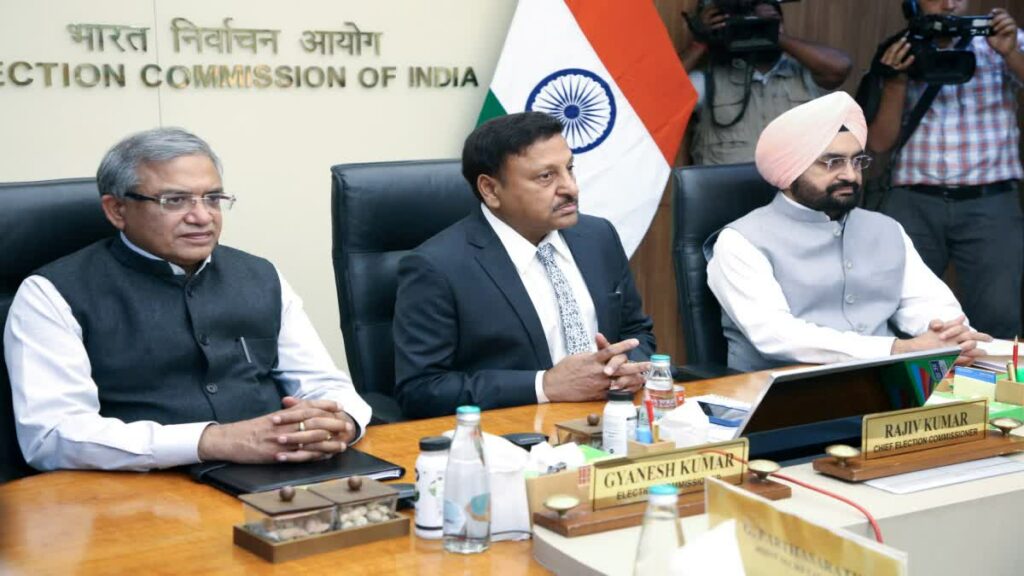The Chhattisgarh Anti-Corruption Bureau (ACB) has filed a case against two former IAS officers and the former Advocate General of the Chhattisgarh High Court for allegedly abusing their positions of power. According to the First Information Report (FIR), the accused attempted to influence judicial proceedings between 2019 and 2020.
The case was registered on Monday under several sections of the Prevention of Corruption Act, 1988 (Sections 7, 7A, 8, 13(2)), as well as sections 182, 211, 193, 195-A, 166-A, B, and 120 of the Indian Penal Code (IPC).
The FIR details the involvement of the accused in the Nagrig Apurti Nigam (NAN) case, which was originally registered with the Economic Offenses Wing (EOW) in 2015. The case first gained attention in 2014 when the ACB conducted raids across the state, seizing large sums of cash and crucial documents. Among the items recovered were coded diaries detailing pay-offs to officials and politicians.
The FIR further mentions a public interest litigation (PIL) filed in 2015, which revealed that, out of 254 rice samples tested, 111 were found to be substandard, and of 185 salt samples, 64 were deemed unfit for human consumption. Despite this, these substandard products were approved by officials within the NAN.
The FIR also highlights a separate investigation by the Income Tax Department in 2019, under Section 132(1) of the Income Tax Act. The department seized digital evidence that, upon review, indicated that Anil Tuteja and Alok Shukla had attempted to obstruct proceedings initiated by the Enforcement Directorate (ED) under ECIR/RPSZO/01/2019. The FIR claims that they, in collaboration with high-ranking government officials, sought to influence the trial of Crime Number 09/2015, which was pending in the Special Court in Raipur.
According to the FIR, these officials held significant power within the state government, directly influencing key appointments and transfers. Their control over bureaucratic placements allowed them to manipulate the state machinery, giving them undue influence over critical government decisions and officials.






